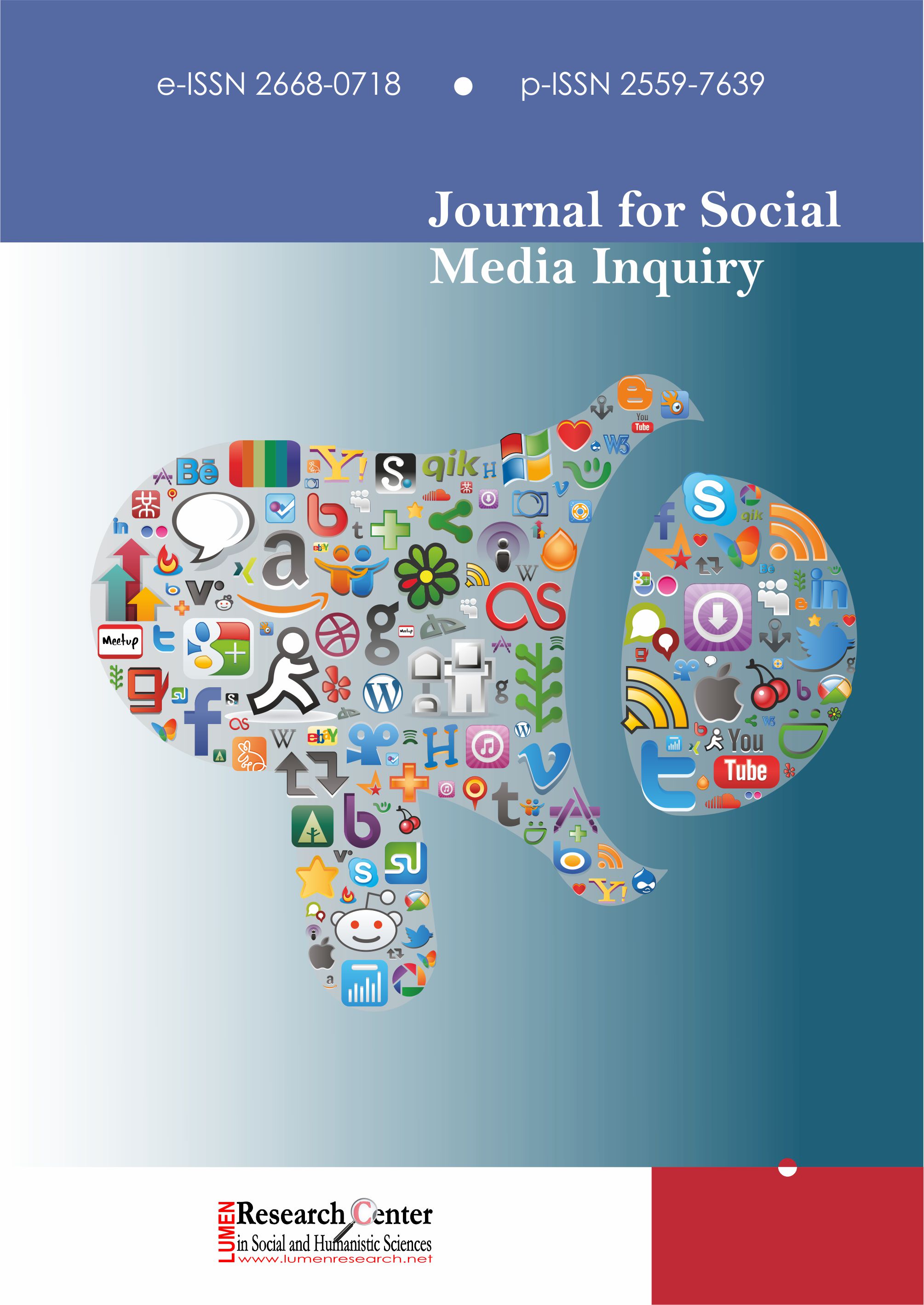The Technological Post-humanism and the Media: a Potential Impact of Media Consumption on Pollution
The Technological Post-humanism and the Media: a Potential Impact of Media Consumption on Pollution
Author(s): Vasile HodorogeaSubject(s): Media studies, ICT Information and Communications Technologies
Published by: Editura Lumen, Asociatia Lumen
Keywords: new media; technological determinism; post-humanism; Anthropocene;
Summary/Abstract: This paper proposes a theoretical inquiry on the nature of the relation between the use of new media and the eco-modernist approach on the reduction of pollution. Starting with a deep-reflection on several collected works of literature regarding the Anthropocene, the post-humanism and the technological determinism, the research aggregates 2 sets of data collected during the Coronavirus pandemics crises, regarding the decrease of the pollution and, in the same time, the increase of the media consumption. Admitting that a direct relation in between the two phenomena cannot yet be established, the paper addresses the problem of what a future technology-dominant society using artificial intelligence and robots to produce and distribute media contents could relate to a programmatic change in human behaviour. In a future where media could provide all the necessary contents (information and entertainment) in the most satisfying shape (impressive resolution and sensorial devices), the issue raised is that of the signification: man would consume the representation of representation and would lose access to primary signs (Baudrillard, 2004). In isolation and with reduced traffic needs, without the direct experience of reality and environment, the man would lose the human condition and his humanity, especially in the context of a dominant technology taking over control and replacing man. This technological post-humanism would compromise moral barriers and destroy the credibility of the human condition (Hayles, 2008) but would allow nature to restore, thus avoiding the imminent ecological disaster proposed by the theories of the Anthropocene.
Journal: Journal for Social Media Inquiry
- Issue Year: 2/2020
- Issue No: 1
- Page Range: 75-86
- Page Count: 11
- Language: English

